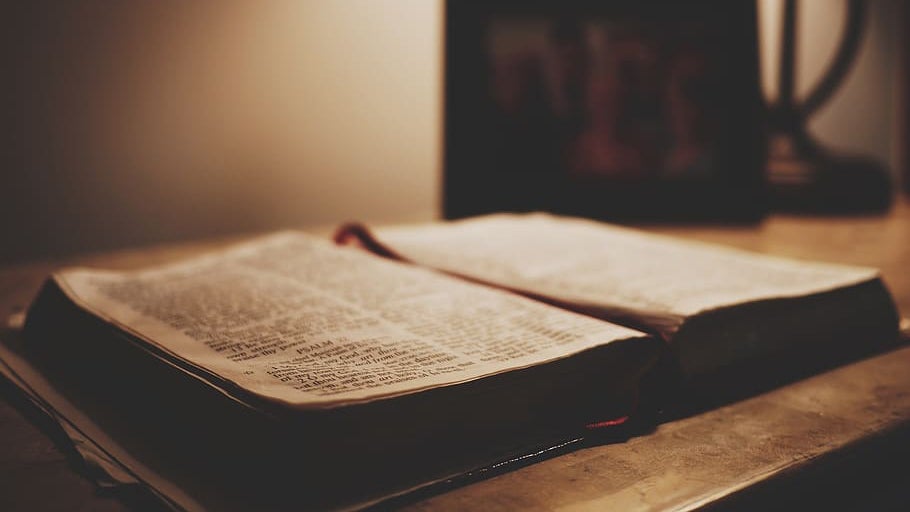2 on Facebook: One says ‘lynch’; the other says ‘serve’
Published 8:59 pm Tuesday, May 30, 2017
Morgan Freeman, celebrated actor and thoughtful person, says forget about it.
Mitch Landrieu, mayor of New Orleans, says if there are no markers where lynching took place there should be no monuments to those who fought to preserve slavery and injustice.
Mississippi Rep. Karl Oliver, before he apologized for it, said lynching is exactly right for Landrieu and others who “destroy historical monuments of our history.”
Who’s right?
Or is it better, as some have chosen, to “contextualize,” meaning leaving Old South statues and place names intact and explaining them on carefully worded plaques?
Let’s start with Oliver.
The first-term Republican from Winona has done little to distinguish himself in the Capitol. He did offer a bill that no state funds could be spent in aid of enforcing any federal firearms law. It died in committee along with eight of the 10 bills bearing his name. Two passed. One thanked law enforcement officers. The other will allow Grenada County to rent its cells when other public and private jails overflow.
To his credit, Gov. Phil Bryant immediately condemned Oliver’s call for lynching, which appeared on Facebook. Bryant said there was no room for that kind of talk on a topic that cries out for civil discourse. Thanks, governor. Another Republican, House Speaker Philip Gunn, stripped Oliver of his vice chairmanship of the Forestry Committee.
There was some sentiment that what Oliver really did was give voice to what legions believe but are smart enough to whisper: White history is being ravaged to mollify shiftless blacks and whiny liberals who are never satisfied no matter how much they are given. Perhaps. The real test of outrage will come when and if Oliver seeks re-election.
Next, Landrieu.
Some labeled him an opportunist, seeking favor in a city where only 32 percent of the people identify, as he does, as being white. Landrieu is also said to have higher political intentions.
Putting that aside, though, backed by years of study, discussion and a City Council vote, Landrieu became the point man for removing a memorial obelisk and statutes of Confederate generals Robert E. Lee and P.G.T. Beauregard and President Jefferson Davis. (As an aside, Davis died in the New Orleans, and when the day comes, the funeral for Landrieu will have to be pretty big to outsize the turnout for Davis. The Library of Congress records that more than 70,000 viewed his body and 200,000, black and white, assembled for his funeral.)
Landrieu, a Democrat, said the removals were not about amending or revising history. He said the statues represent “historical malfeasance” by telling one side. Worse, he said, they continue to brand they city today with the ideals of the failed Confederacy, which he defined as maintaining slavery and white supremacy.
The removals in New Orleans — and similar activities everywhere — naturally raise the question of where to draw the line. What vestiges should go? What vestiges are benign and don’t foster stress?
Jackson Square is New Orleans’ most scenic spot. Presiding is Gen. Andrew Jackson, hero of the Battle of New Orleans and later president of the United States. But Jackson owned slaves for decades, up to 150 when he died. He once advertised a $50 reward for return of a runaway mulatto (who could pass as a free man) plus $10 for every 100 lashes (up to 300) administered to the runaway. His statue stays? Mississippi’s capital is named for Jackson and, tangentially, so is one Mississippi university.
How to deal with this? Leaving names and adding explanations is a commendable, middle-of-the-road solution — but rarely makes everyone happy. Too, we’re talking thousands of signs.
Perhaps that’s what makes the Morgan Freeman approach appealing. For years this icon of entertainment, who lives quietly and adoringly in his native Mississippi, has shocked interviewers with his rejection of Black History Month. He sends questioners reeling when he declines to group his fellow black Americans as “disadvantaged.”
Freeman’s view seems to be we don’t get to choose our race, gender, nationality or place of birth and we certainly had no voice in creating the world each of us entered. Everybody has different advantages and disadvantages. There may be external factors, but what we do with our lives is up to us.
Back to Facebook. Freeman must like this quote from Dr. Martin Luther King, Jr. because he posted it earlier this year: “Life’s most persistent and urgent question is, ‘What are you doing for others?’”
Don’t forget history, but live today.
Charlie Mitchell is a Mississippi journalist. Write to him at cmitchell43@yahoo.com.





